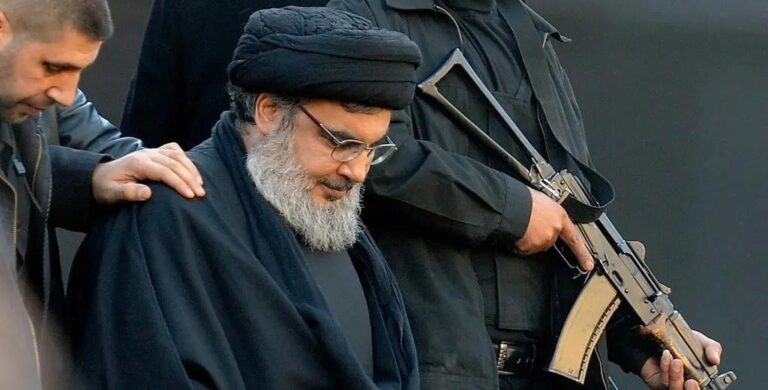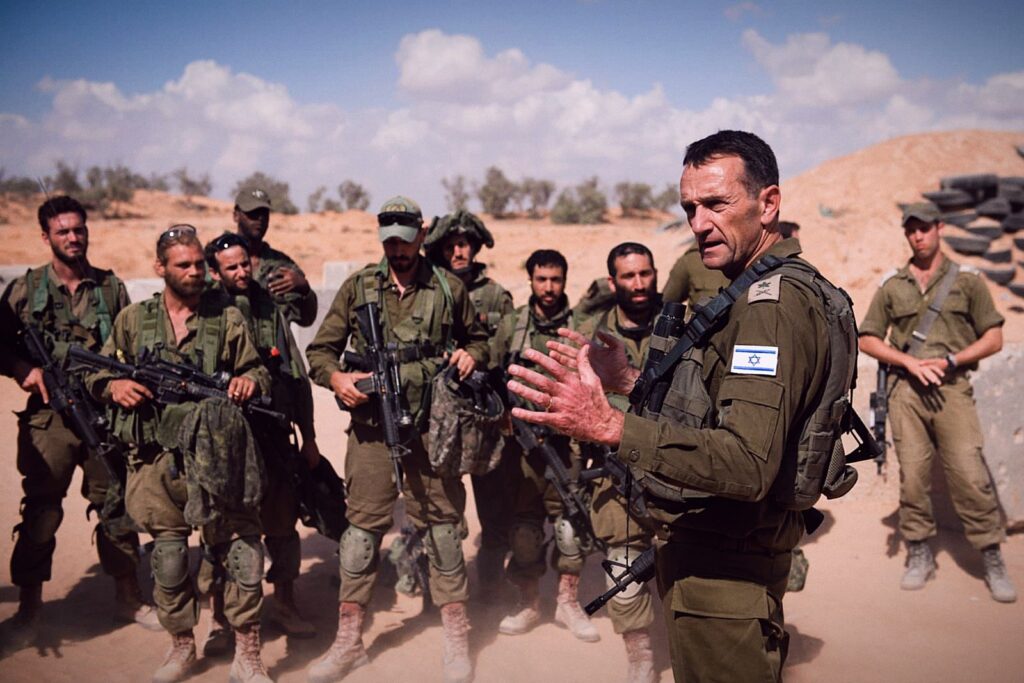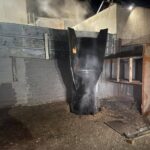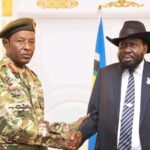Hezbollah suffered a severe blow when its secretary-general, Hassan Nasrallah, was assassinated in Beirut. The attack was the latest in Israel’s campaign to weaken the Shia movement’s rank and file.
At least seven leaders of Hezbollah’s command-and-control structure, including Fuad Shukr, Ibrahim Aqil, Ibrahim Kobeissi, Mohammad Surour, and Hassan Nasrallah, have been killed amidst ongoing hostilities, many in the past few weeks alone.
The Israeli military has claimed that Hezbollah’s operational infrastructure has been “almost completely dismantled” following these targeted assassinations.
Tel Aviv has further intensified its bombardments of Beirut’s southern suburbs, southern Lebanon, and the Bekaa Valley, disrupting Hezbollah’s efforts to regroup at a time when the group is facing internal pressure to appoint a new leader and respond to the escalating incursions.
We believe that Israel may be on the verge of launching a broader offensive after the country sealed off its northern border communities and expanded its operations to include ground raids in southern Lebanon.
Hezbollah’s deputy secretary-general, Naim Qassem, announced that the group would continue its military operations, undeterred by the Israeli airstrikes, which since September alone have killed more than 1,000 people in Lebanon.
Despite the severity of the shock, the group still retains many of its most valuable assets, including precision-guided and long-range missiles capable of inflicting substantial damage on Israel’s military and civilian infrastructure.
the group is now in dire need of reorganisation.
The group have to appoint a new secretary-general to succeed Nasrallah, a move that could signal the party’s resilience despite the mounting challenges,. The new leadership, however, must navigate this period with extreme caution, as a single misstep could spell disaster for Hezbollah.
We believe that Hezbollah’s retaliation could also include assassination attempts on Israeli leaders, following reports in August of the arrest of a Jewish Israeli citizen, whom authorities claim was involved in an Iranian-backed plot targeting high-profile figures, including the country’s prime minister Benjamin Netanyahu.
These two objectives may be Hezbollah’s only way of absorbing the shock and cementing its geopolitical position once more.
Before Nasrallah’s killing, Hezbollah had escalated its attacks on northern Israel, reaching as far as Tel Aviv. Israel even intercepted one ballistic missile that the group claimed was aimed at Mossad’s headquarters.
While assassination is bound to impact morale, Hezbollah’s ongoing strikes signify that the militant group has already started to absorb the blows.
The group is still capable of recovery. When the party weathered past crises, including leadership transitions after the assassination of former secretary-general Abbas al-Musawi in the 1990s. the group has recovered.
Nasrallah had successfully transformed Hezbollah into a well-structured institution, resilient to losses in both leadership and weaponry. Thus his death is unlikely to incapacitate the party.
The group’s operational readiness is intact, with contingency plans prepared to counter any Israeli offensive, whether a minor incursion or a full-scale invasion.
In one possible scenario, Israel might attempt to avoid an outright invasion by conducting limited incursions targeting Hezbollah installations, temporarily occupying the security belt to disarm the group, or launching a broader campaign to seize the eastern mountain range and block weapon smuggling across the Syrian border. This scenario remains “contingent on on-ground military developments, particularly those carried out by Hezbollah,”.
The other option is an all-out war with an unpredictable trajectory, which international diplomatic intervention might fail to contain,. “So far, diplomatic efforts have yielded no favourable results, as they are based on unacceptable terms of surrender in both Gaza and Lebanon. Thus we convinced this scenario unlikely. Iran’s support of Hezbollah has been disappointing,” We expect a swift and decisive response following Israel’s escalation, but a combination of strategic miscalculations and surprise Israeli tactics prevented Hezbollah from deploying heavier weaponry before the major escalation began.
While Iran benefits from supporting Hezbollah and Hamas to bolster its regional influence, its national interests ultimately take precedence.
Recent signals from Iranian President Masoud Pezeshkian to the United States suggest a willingness to engage diplomatically on the nuclear issue, which could be part of an effort to contain Israel and reduce the overall threats in the region.
But Talks of Iran abandoning Hezbollah are unrealistic.
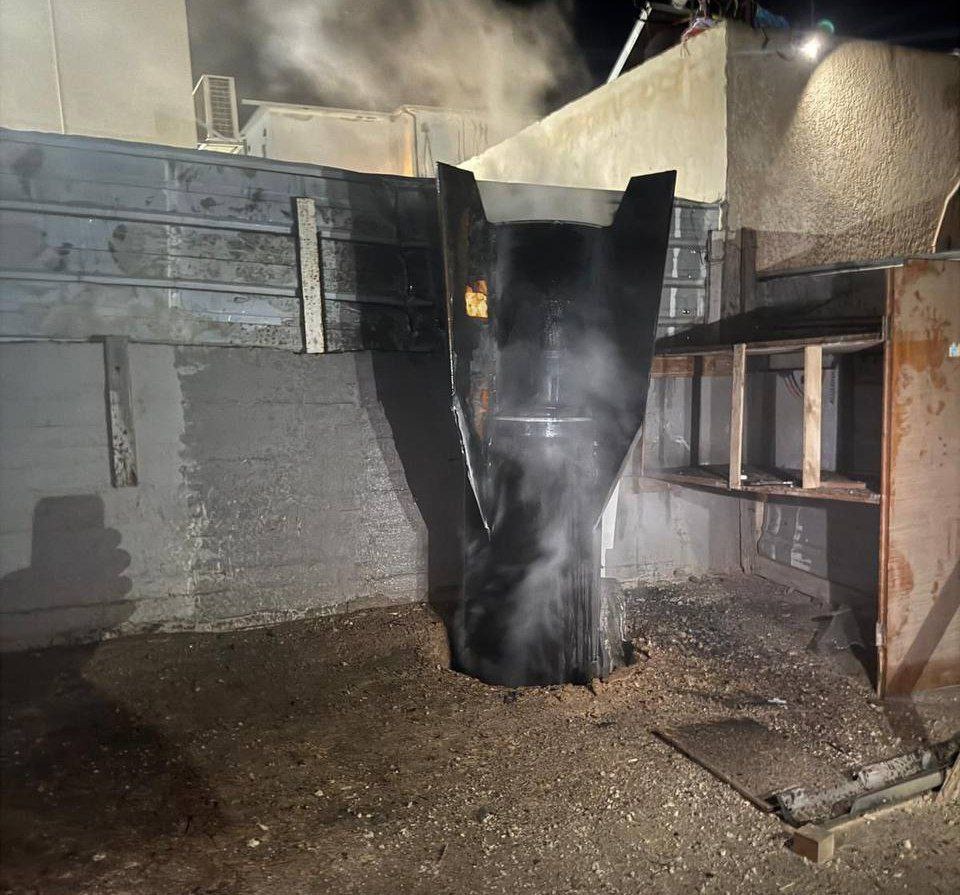
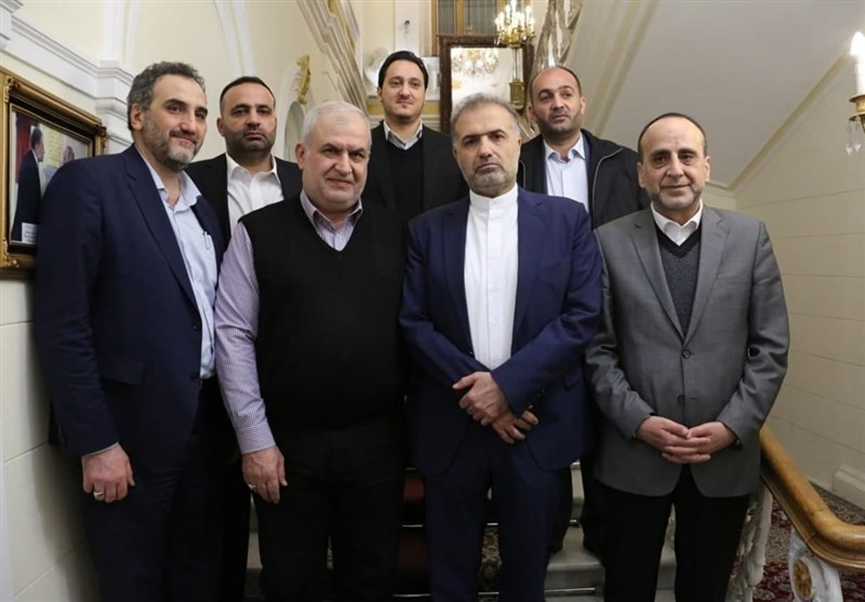
More on this story: Russia seeking to buy up Hezbollah’s engagement
Yemen and Iraq’s involvement in the escalation could widen the scope of the conflict, especially after Yemen’s recent strikes on several Israeli cities. Israeli officials are aware that Iran will retaliate, but the nature of that response remains to be seen.Losing a figure like Nasrallah is a strategic blow to Iran, but Tehran is working on managing the conflict in a way that sustains Hezbollah’s resistance without triggering a full-scale waras we previously stated.
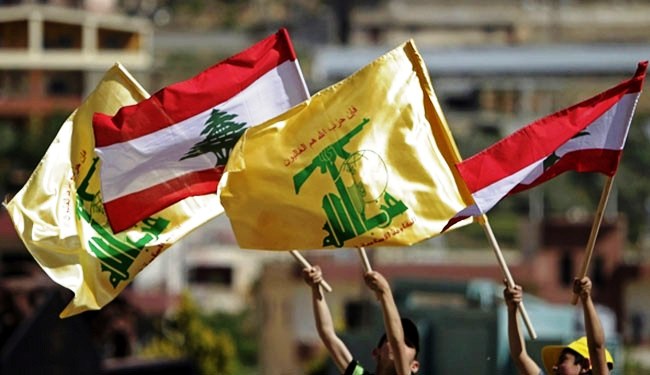
More on this story: Lebanon: The Liberation of Amer Fakhoury and Hassan Nasrallah


